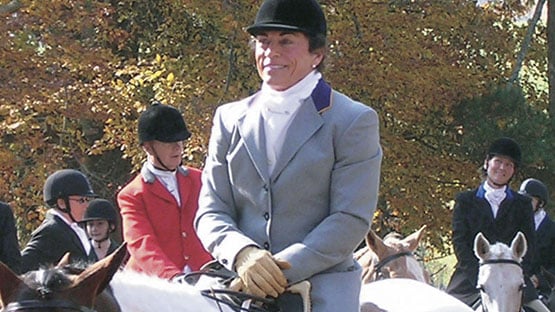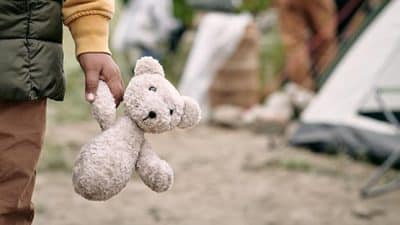
So, when our kid is captured doing something embarrassing on someone’s phone video, it appears that evening on YouTube. When a kid chooses to expose him or herself via these sorts of instant means, it is done without any cost or time to even reflect on that decision. When that’s done, it’s “out there” forever. I think this all comes with a high cost. The benefits are good, on occasion, as with the recent election backlash in Iran, where the government couldn’t shut down outside communication due to the existence of these pervasive tech tools.
But, in our everyday lives, gossip is destructive. You may think it’s fun to browse the tabloids at your local newsstand or while in line at the market, but private gossip among family and friends is what I’m referring to in this column. What we say or write can hurt or heal as is so powerfully written in Rabbi Joseph Telushkin’s book on the subject, called Words That Hurt, Words That Heal.
He cites a prohibition about gossip called “Lashon Hara,” which literally means “the evil tongue.” It essentially outlaws gossip, true or false, about others or even one’s self. The thinking is so basic. Once you say something, especially if it’s not true, and it’s gone the “telephone game” route, it is impossible to take it back. Even if it was said as a joke, the damage is forever. Further, an apology to the victim won’t repair the potential damage to the collective circle of friends and acquaintances.
I’m reminded of an incident that took place at one of my men’s group weekends. We often gather in circles and clear with each other–our term for expressing our negative feelings. At one of these circles, one man wanted to clear with another and called him into the circle. In front of the whole group, he fully disparaged the other man over a business dispute. The hurt displayed on the other man’s face was incalculable and there was no way for the rest of us to know what was true and what wasn’t. But the doubt was placed there without any chance for the truth to be known.
I’ve never forgotten that day, as we were all so stunned that we didn’t react fast enough to stop it. The man that was disparaged was so embarrassed (and I suppose hurt) that soon afterward, even though he was long a leader within our men’s circle, he dropped out completely and severed relationships with all of us. I still feel that was an over-reaction, but it demonstrates the power of words. I cannot look at the man who did this without remembering his intemperate behavior.
Our kids do this without even thinking a second about it. My teen was the subject of some bad-mouthing that caused him to leave a whole group of friends and start new relationships. The things that were said about him were silly, untrue, and malicious, but that seemed to make no difference to those who heard them. Rather than questioning the comments, or defending my son, the other kids laughed and thought it funny. My son, on the other hand, just like my other friend in the men’s circle, chose to leave rather than endure the jokes and lies, at his expense.
Think about when and if you do this? I have a bad habit of often joking at another’s expense. I like to think it’s done with affection, but is it? Men tend to do this much more than women. Guys often will put each other down as a way of actually expressing their affection. For instance, a man might say to his friend “You are one ugly dude” while punching him in the shoulder. In a more classic vein, there’s Don Rickles to Frank Sinatra (about his hairpiece); “All that’s missing from that thing is the word ‘Welcome!'” Rickles’ whole career was based around insults. Most of the recipients of his humor were indeed his friends. Another classic comedian who relied on this sort of humor was Groucho Marx saying, for instance, “I never forget a face, but in your case I’ll be glad to make an exception.”
This is a definite case of gender differences. Can you imagine a woman saying to another woman friend, “You sure look ugly today,” or “boy, that wig is so obvious,” or even worse, “Honey, you are sure looking fat?” A man might say the same thing to a friend, with a smirk and a wink, and all would be fine. Or would it?
Laughter aside, my point is simple and echoes the passion about this issue that Rabbi Telushkin so eloquently writes in his book. Stop it. It’s not funny. And, it hurts.
Please visit www.brucesallan.com to contact Bruce Sallan and to enjoy the various features his new website offers, including a unique Ask Bruce For Advice section, an archive of his columns, contact info, links to his published work, photo galleries, and reader comments, plus much more.










